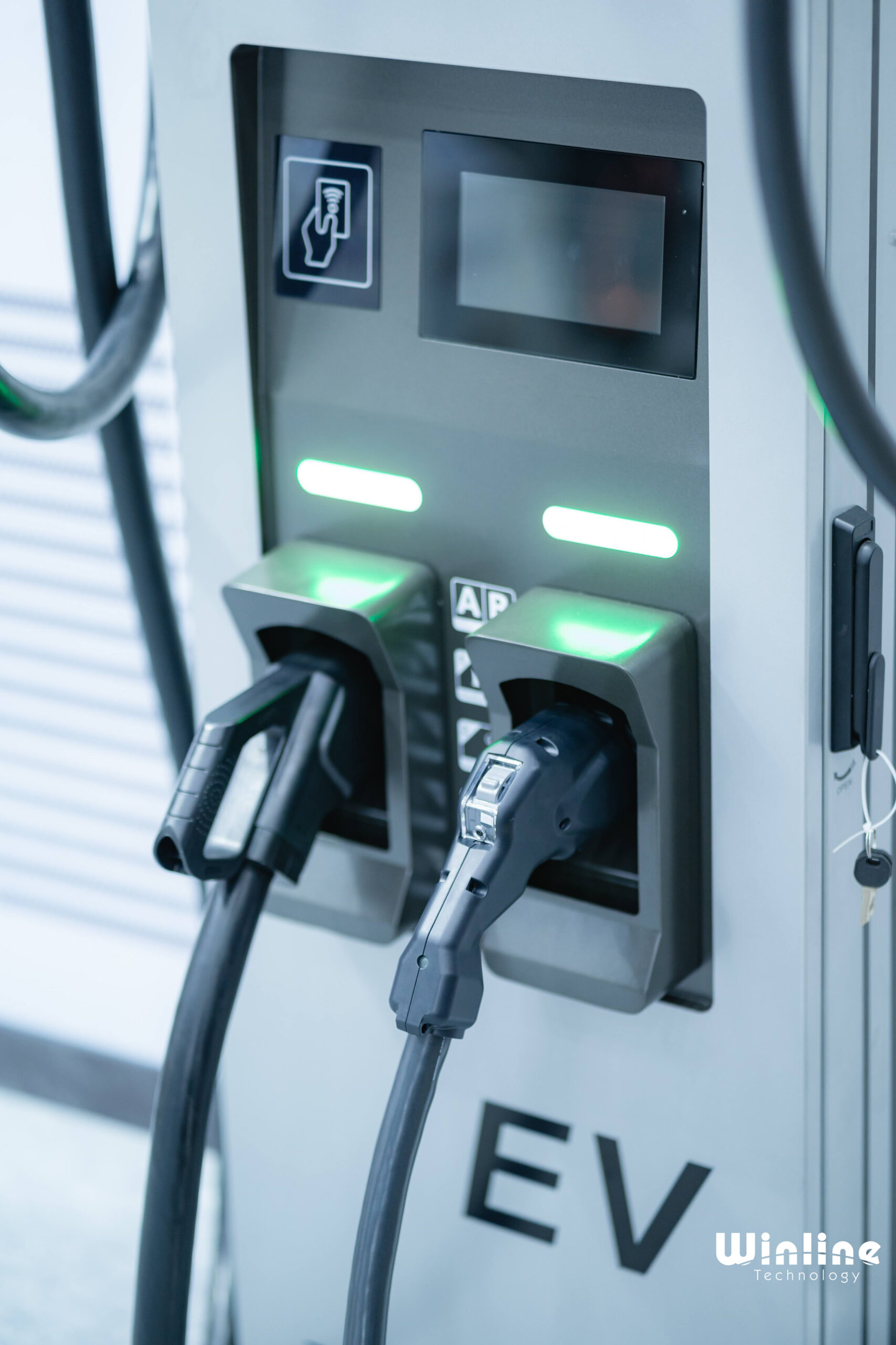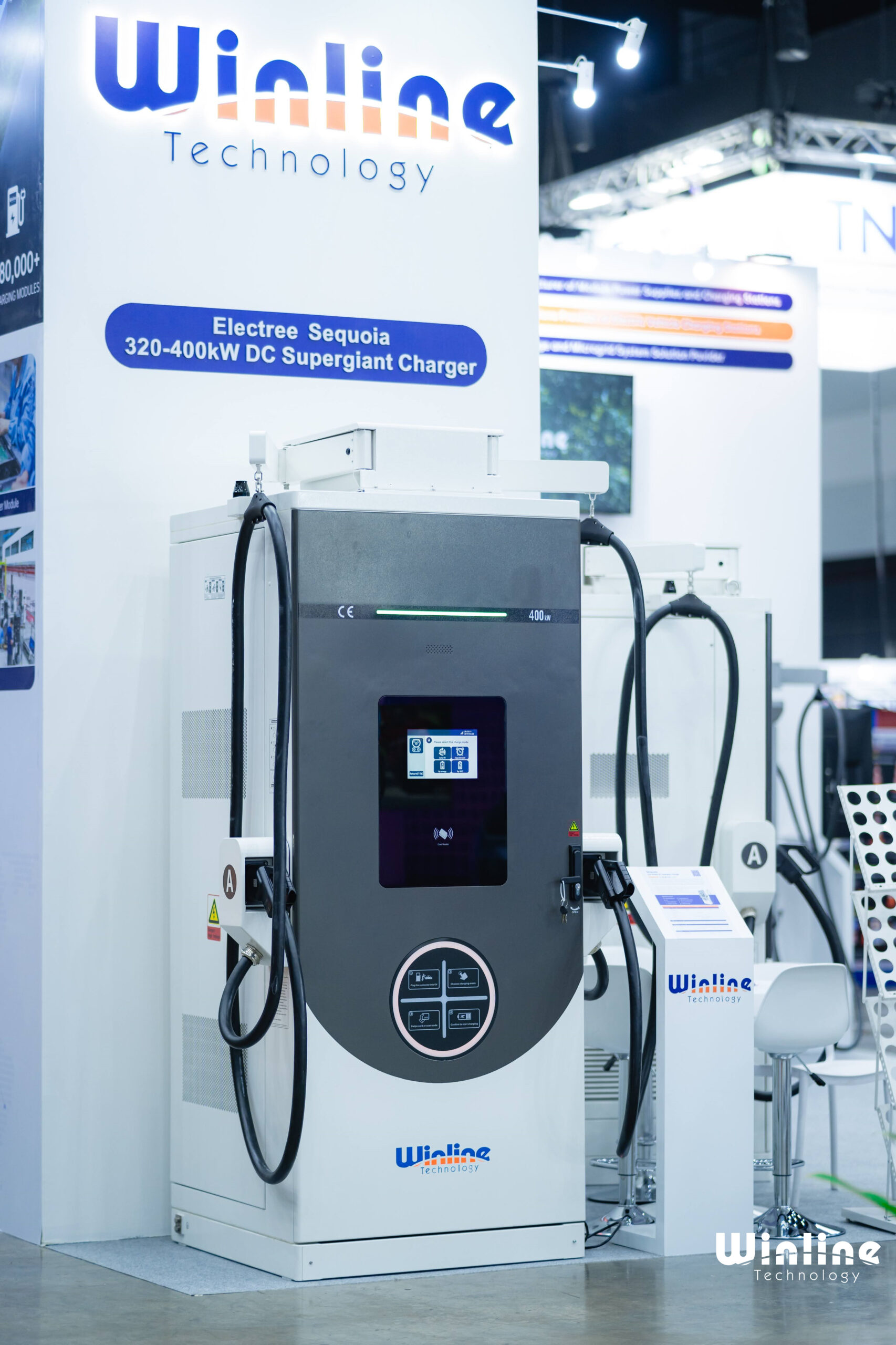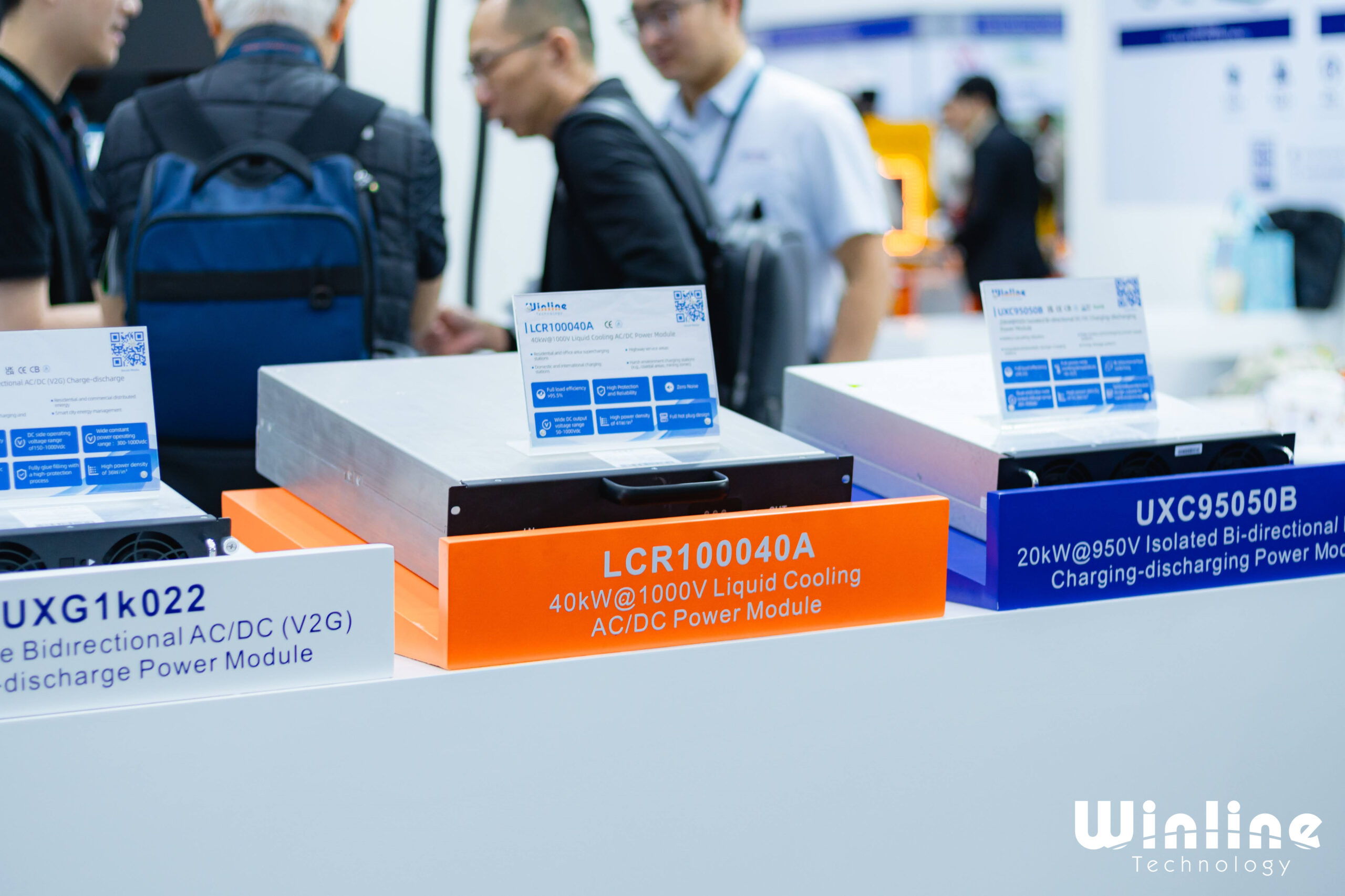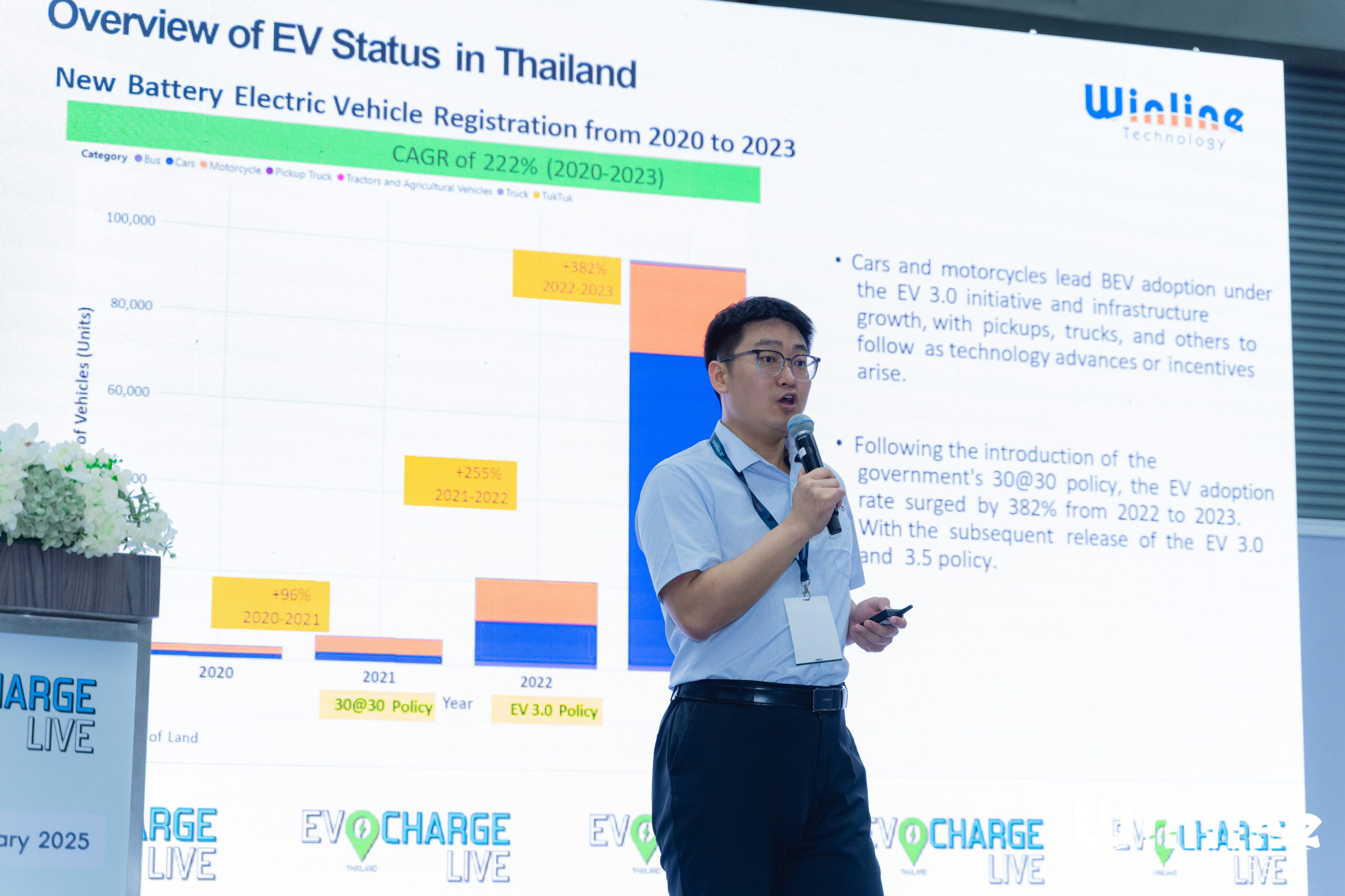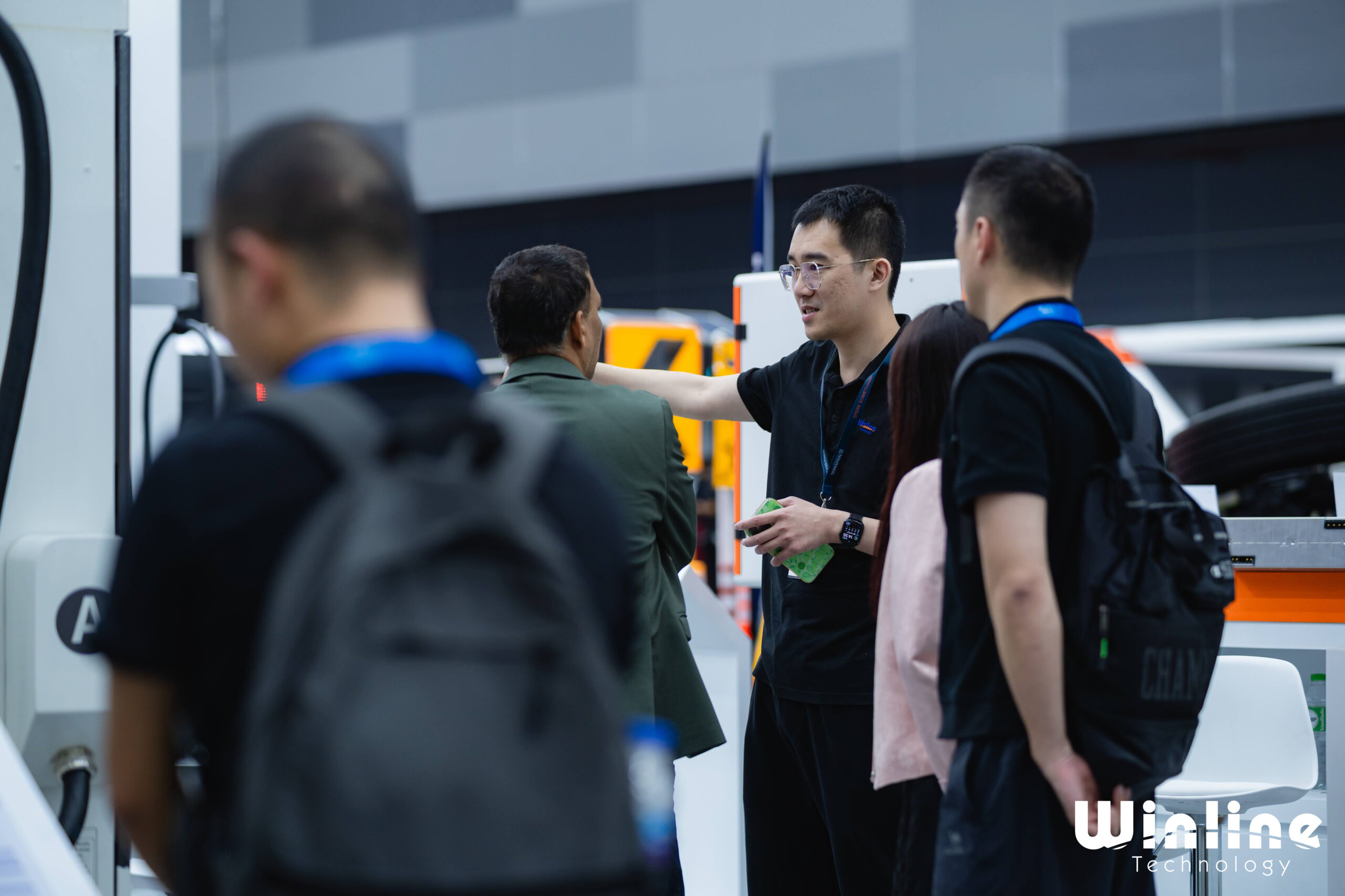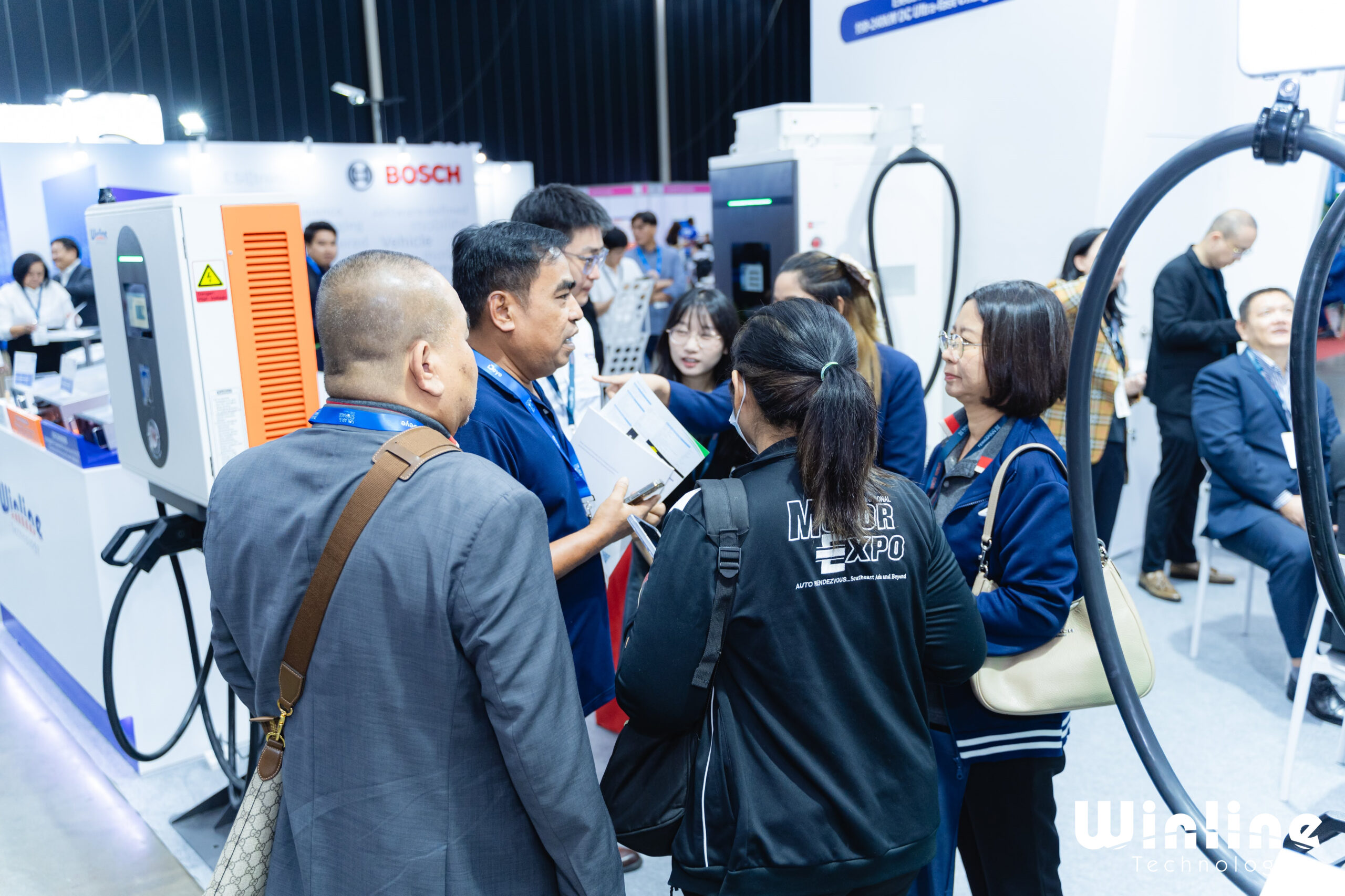[Bangkok, Thailand] Shenzhen Winline Technology Co., Ltd. (Winline Technology), a global leader in electric vehicle (EV) charging solutions, captivated attendees on the opening day of EV Charge Live Asia 2025 (February 26-27, Bangkok) with a dynamic showcase of its cutting-edge technologies. The company’s booth emerged as a focal point of the exhibition, drawing crowds of industry stakeholders and policymakers eager to explore solutions tailored to Southeast Asia’s rapidly evolving EV landscape.
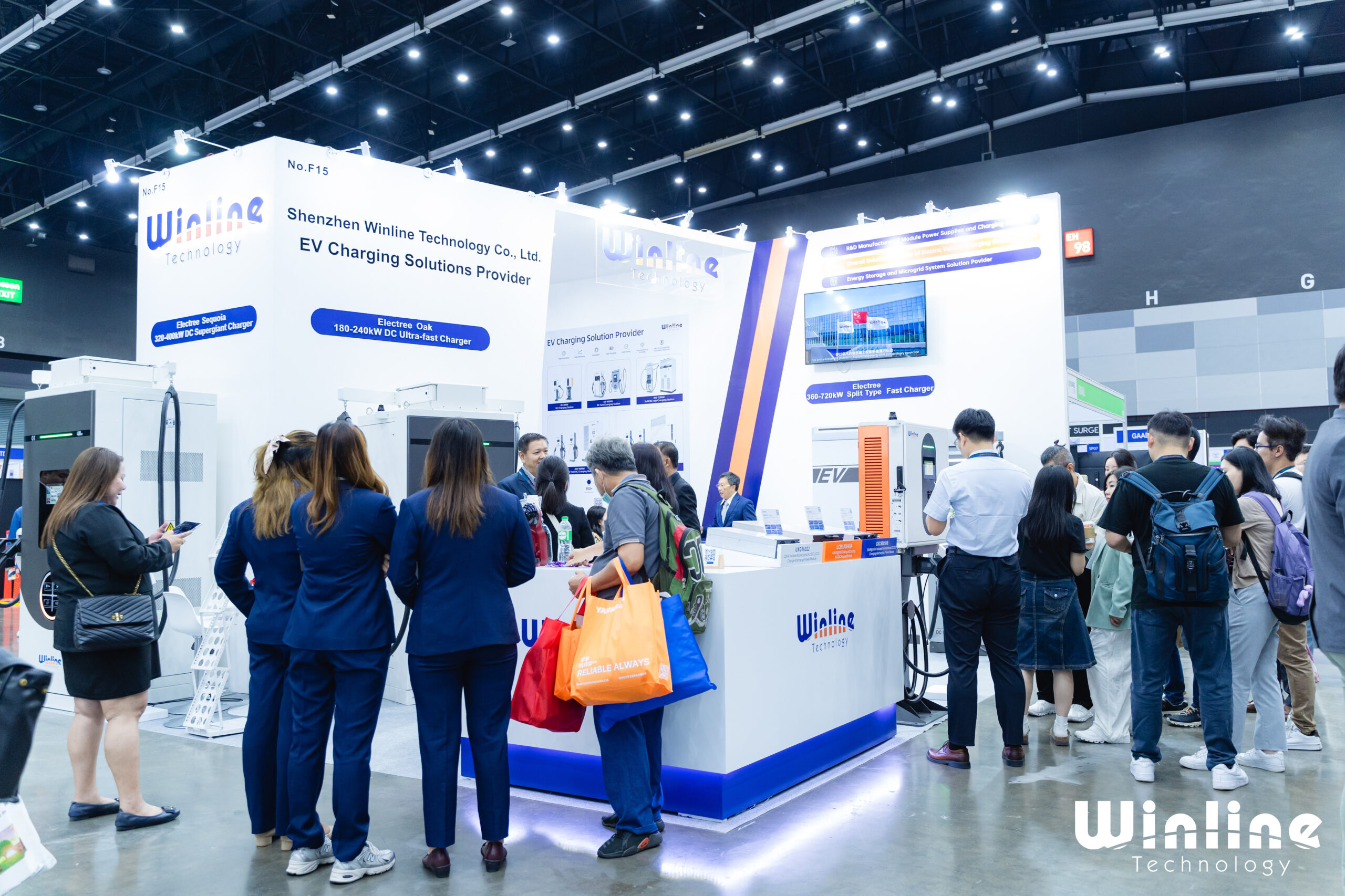
During the EV Charge Live Asia 2025 Forum, Winline technology joined thought leaders shaping the future of EV charging in Thailand. Discussions centered on the “30@30” policy and EV 3.0 Policy, while operators emphasized urgent needs: “How can chargers withstand Bangkok’s 40°C heat and 90% humidity without failures?” and “Salt corrosion destroyed our coastal station’s equipment in six months — can you solve this?” These exchanges mirrored Thailand’s broader challenges: explosive EV growth (382% penetration surge in 2022-2023) clashing with infrastructure vulnerabilities — from environmental stressors to grid instability.
Through nearly two decades of sustained and intensive R&D investments and technological accumulation, Winline technology has developed strong independent innovation capabilities and mastered core power electronics technologies, demonstrating how its solutions are engineered to overcome these barriers.The 720kW Split-Type Charger, for instance, operates at -40°C to +60°C with 95% humidity tolerance and has passed 1,000-hour salt spray tests (3x Thailand’s Gulf corrosion levels). Its IK10 protection and remote diagnostics mitigate insulation failure risks, which are 400% higher in tropical climates. To stabilize Thailand’s grid (35% peak-valley gap), Winline technology showcased photovoltaic-energy storage-charging microgrids with V2G compatibility, aligning with the renewable energy goals in Thailand. Additionally, the company’s 20dB noise reduction addresses a 62% complaint rate on traditional chargers in urban areas, while its 96.5% efficiency modules cut energy costs for fleet operators amid rising EV adoption (222% CAGR for Thai EV registrations, 2020-2023).
“Thailand isn’t just adopting EVs — it’s redefining mobility for ASEAN,” said Charles Duan,Product Manager at Winline Technology. “Our solutions are engineered here, for here — from corrosion resistance to grid synergy — ensuring growth isn’t stalled by infrastructure gaps.”
Besides, as a key outcome of the event, Winline technology signed a strategic cooperation agreement with TP Halo, Thailand’s leading energy provider, on the main stage of the BITEC exhibition hall. The partnership will leverage Winline Technology’s innovations in high-power charging and integrated photovoltaic-energy storage-charging systems, combined with TP Halo’s market expertise, to deliver customized solutions addressing Thailand’s core challenges — from grid instability to commercial fleet efficiency.

